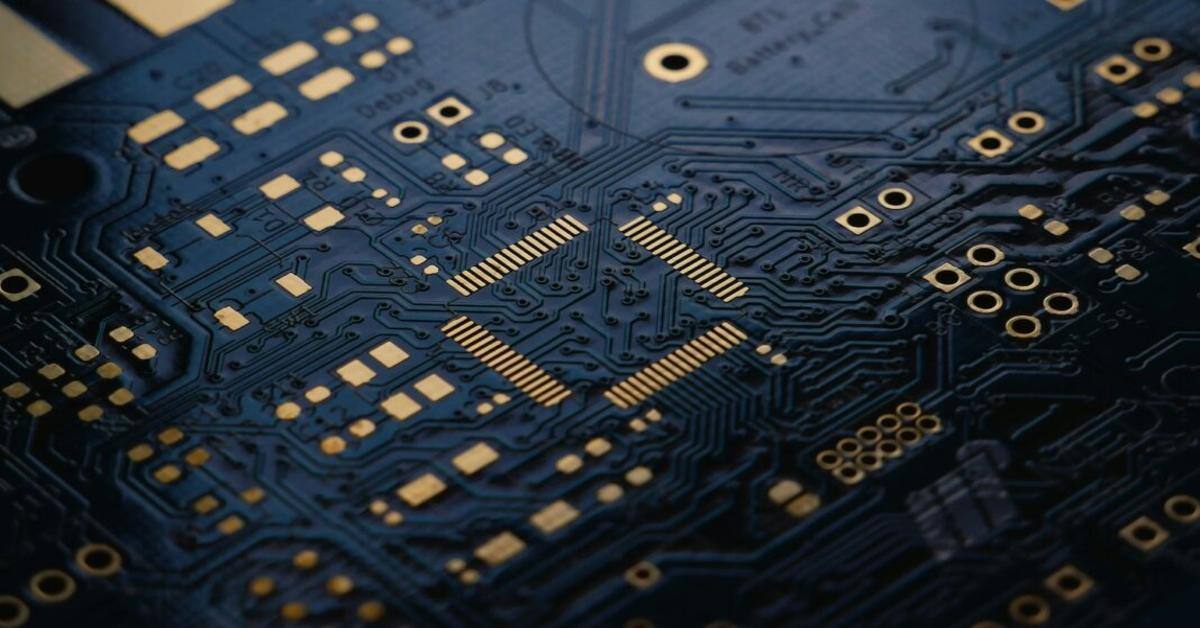In a world often dominated by negative headlines, it’s easy to lose sight of the incredible progress being made in various fields. This article focuses on a powerful synergy: the convergence of artificial intelligence (AI) and advanced education, specifically its transformative potential in tackling some of humanity’s most pressing challenges, like the deadliest cancers. We’ll explore how AI-powered universities are accelerating breakthroughs in cancer research and paving the way for a healthier future. This is a story of data-driven optimism, showcasing the incredible potential of human ingenuity when combined with the power of technology.
The Exponential Growth of Data in Cancer Research
The sheer volume of data generated in cancer research – genomic sequences, clinical trial results, patient histories – is staggering. Traditional methods struggle to process and analyze this information effectively. AI, with its ability to identify patterns and correlations in massive datasets, is revolutionizing our understanding of cancer development, progression, and treatment. Machine learning algorithms can analyze complex biological networks, predict treatment responses, and even personalize therapies based on individual patient characteristics. This allows for faster, more efficient, and targeted approaches to cancer research.
AI-Driven Drug Discovery and Development
The process of developing new cancer drugs is notoriously lengthy and expensive. AI is dramatically accelerating this process. AI algorithms can analyze vast chemical libraries to identify potential drug candidates, predict their efficacy and toxicity, and optimize their design for improved performance. This not only speeds up the drug discovery pipeline but also significantly reduces development costs, making life-saving treatments more accessible.
Personalized Cancer Medicine through AI
Cancer is not a single disease; it’s a complex group of diseases with diverse genetic and molecular profiles. AI enables personalized medicine by analyzing an individual patient’s unique characteristics, including their genetic makeup, lifestyle, and medical history, to predict the most effective treatment strategy. This precision approach minimizes side effects, improves treatment outcomes, and ultimately increases survival rates.
AI-Powered Universities: The Engines of Innovation
The development and application of AI in cancer research require a highly skilled workforce. AI-powered universities are crucial in training the next generation of scientists, engineers, and medical professionals equipped with the expertise to harness the power of AI in healthcare. These universities are not just teaching traditional subjects; they are integrating AI into the curriculum across disciplines, fostering interdisciplinary collaboration, and creating innovative research environments.
| Traditional Education | AI-Powered Education |
|---|---|
| Limited access to advanced research tools | Access to powerful AI platforms and supercomputing resources |
| Slower pace of learning | Personalized learning experiences and accelerated learning pathways |
| Focus on theoretical knowledge | Emphasis on practical skills and real-world applications |
Conclusion
The convergence of AI and advanced education represents a powerful force for positive change. AI-powered universities are playing a vital role in accelerating breakthroughs in cancer research, paving the way for personalized medicine, and training the next generation of scientists and innovators. While challenges remain, the data-driven optimism surrounding AI’s potential to solve some of the world’s most pressing problems, including the deadliest cancers, is undeniably compelling. The future of healthcare is being shaped by this remarkable convergence, offering hope for a healthier and more equitable world. By embracing this technological revolution, we are not merely improving our approach to cancer; we are fundamentally transforming our ability to combat disease and improve human lives.

